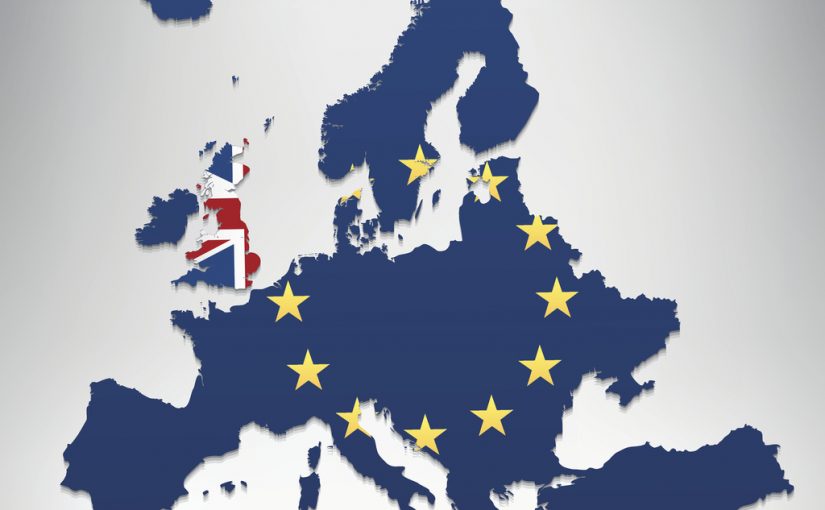
The Government’s White Paper the “UK’s Exit paper from and new partnership with the EU” is quite telling when it comes to the environment and environmental protection. The fact that environmental protection appears mentioned within the heading “Ensuring free trade with European markets “, and then under a subheading “Cross cutting Regulations” does not bode well for those of us who fear that environmental protection will be a bargaining chip when it comes to trading goods and services.
The Government could have taken this opportunity to make it clear how high on its agenda the environment was in departing from the EU. They could have said that in trade negotiations good and services which did not meet the UK’s exacting environmental standards would not be part of a deal. They didn’t.
When the UK exits the EU, the Great Repeal Bill will, for now, preserve environmental law as we know it. However, the jurisdiction and therefore precedent established by the CJEU will no longer apply. It is left to the UK courts to decide on its interpretation with CEJU jurisprudence having no legal standing, what will this mean in practice? Some sort of arbitral dispute resolution mechanism will deal with trade disputes. What about environmental ones?
The UK will not seek to be part of the Single Market, and will fall back on WTO Rules if necessary. The WTO does make provision for environmental trade measures but these cannot be seen to be a barrier to trade. If these measures were to target the underlying process and production methods of good instead of their environmental quality they could be seen to be in breach of WTO Rules. There has already been a case where WTO has held that the ban of GMO is illegal in Europe, but there was such political opposition for GMOs in so many Member States that the ban was held. It would be safe to say that in general WTO dispute case law weighs in favour of trade over the environment. In reality the WTO’s task is to do what is necessary to promote trade and it does not see it as its job to promote environmental standards.
It is now Mrs May time to make a statement on the environment and how it will weigh in when it comes to trade negotiations







